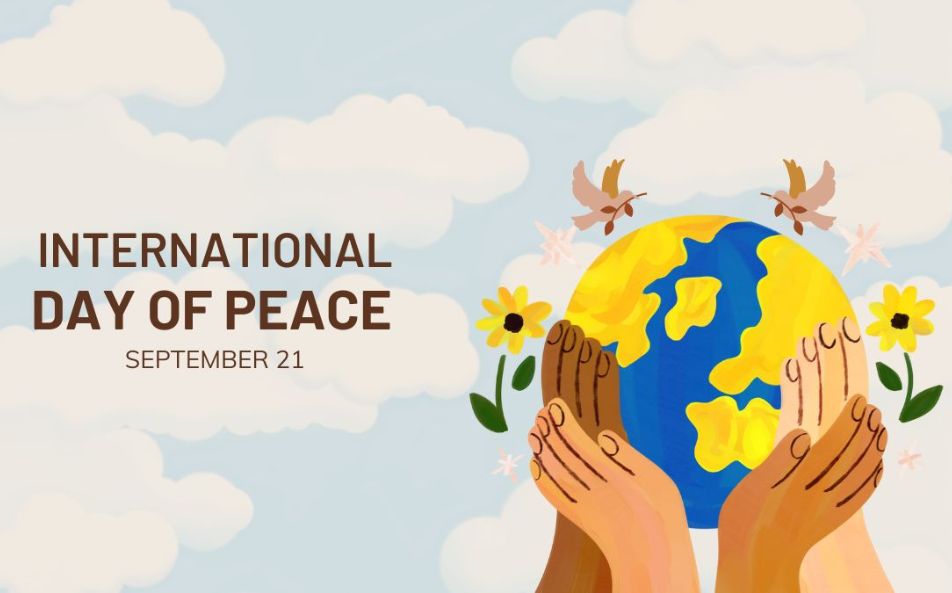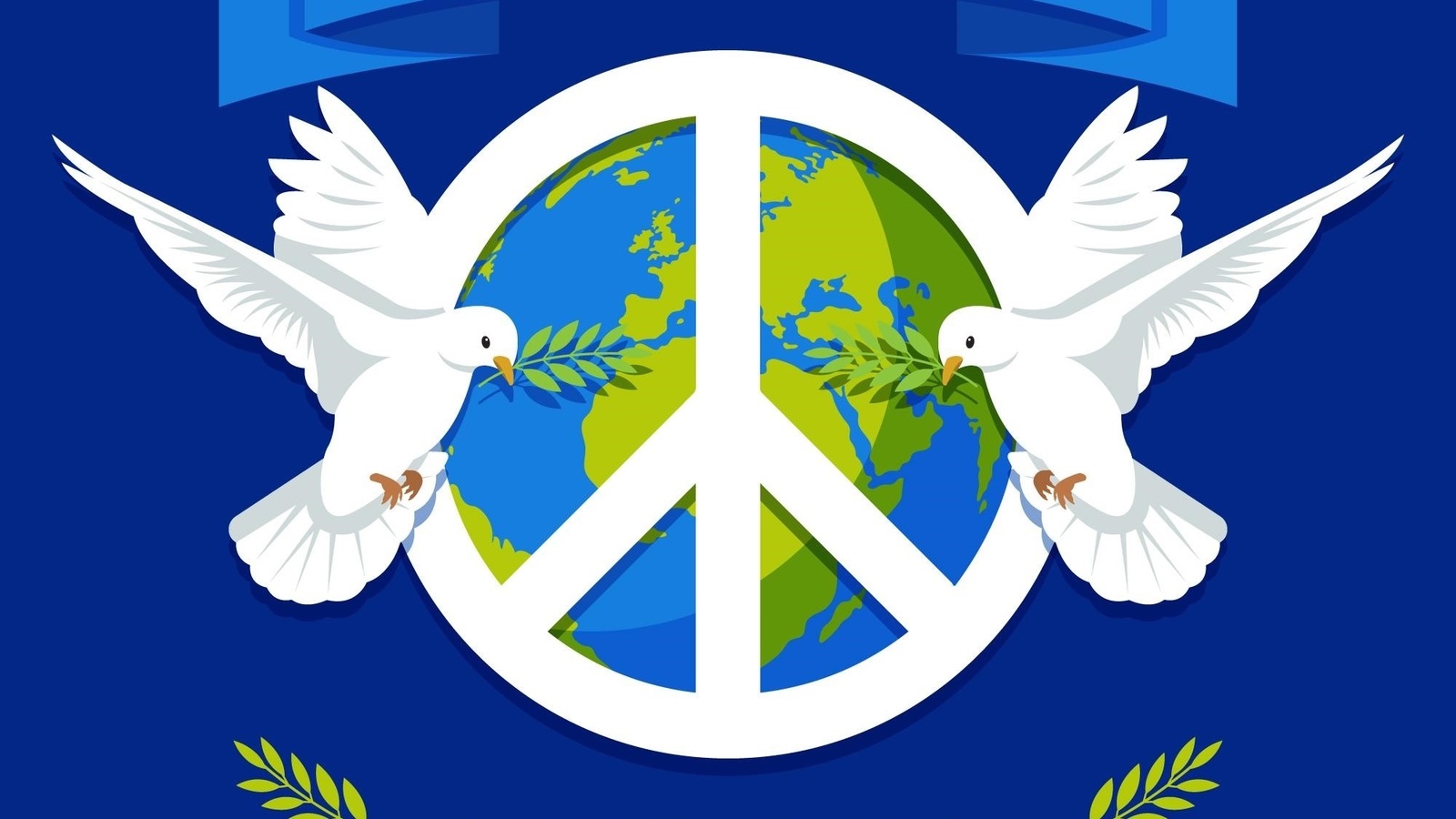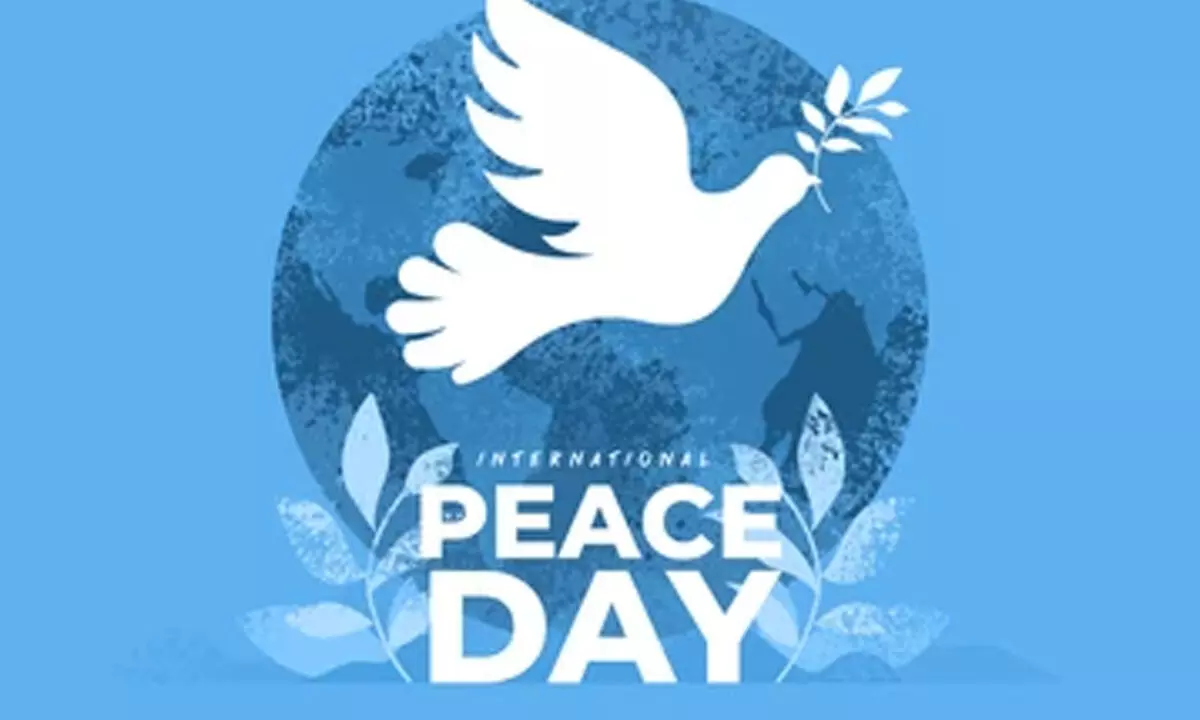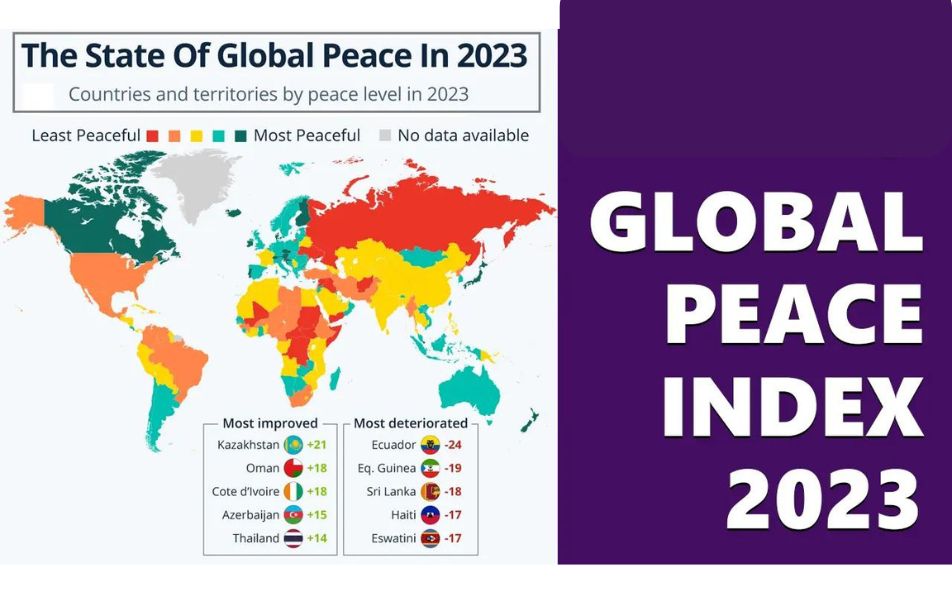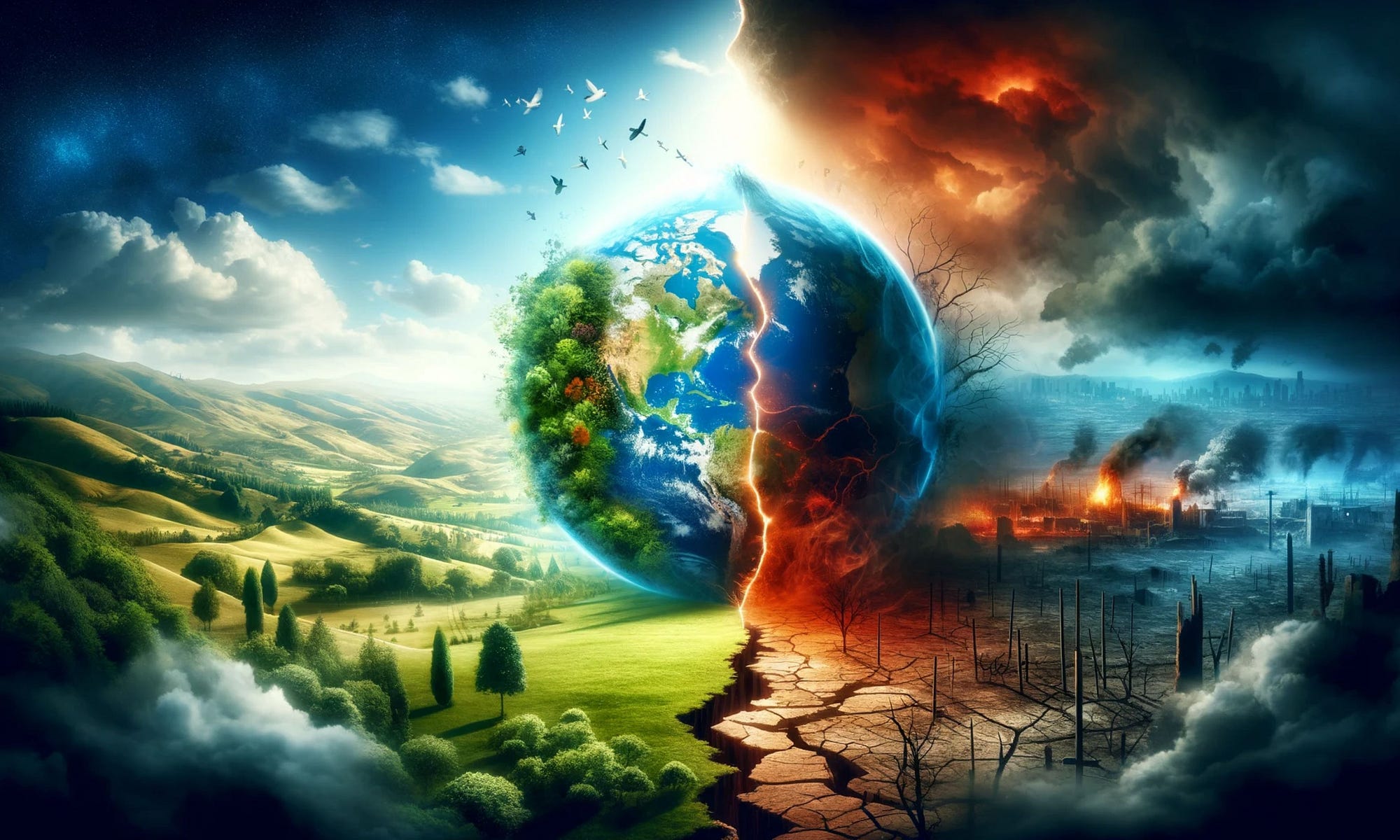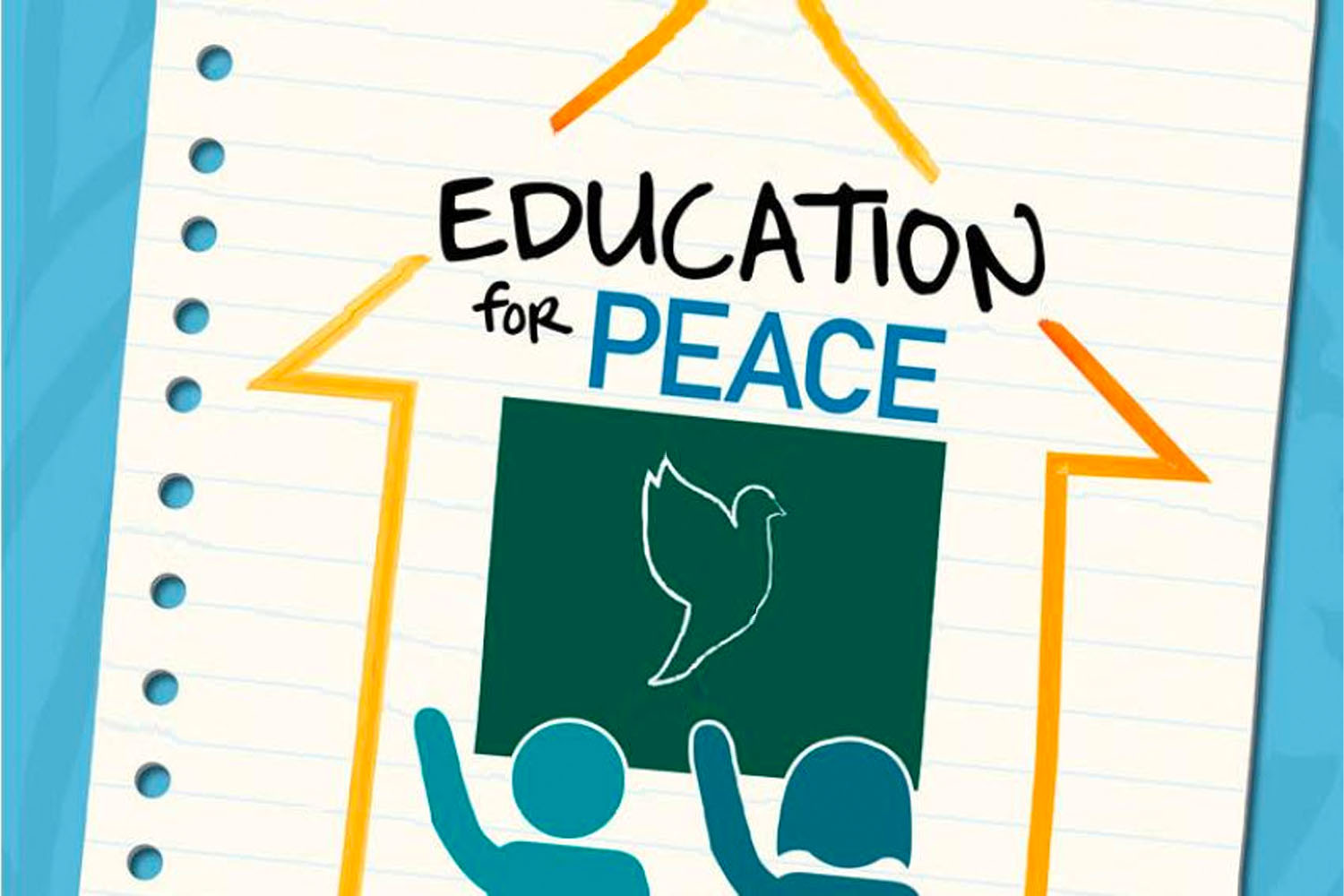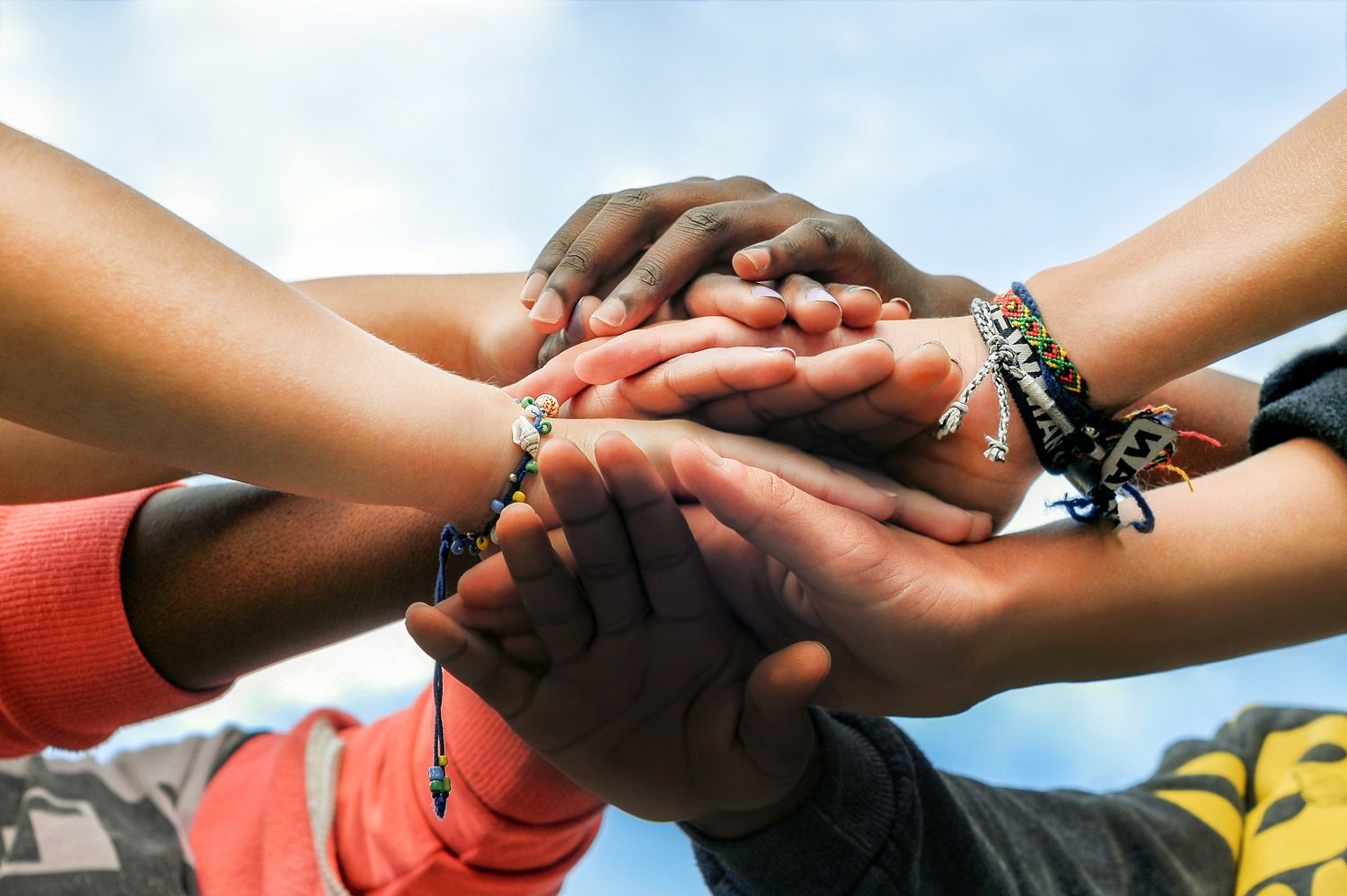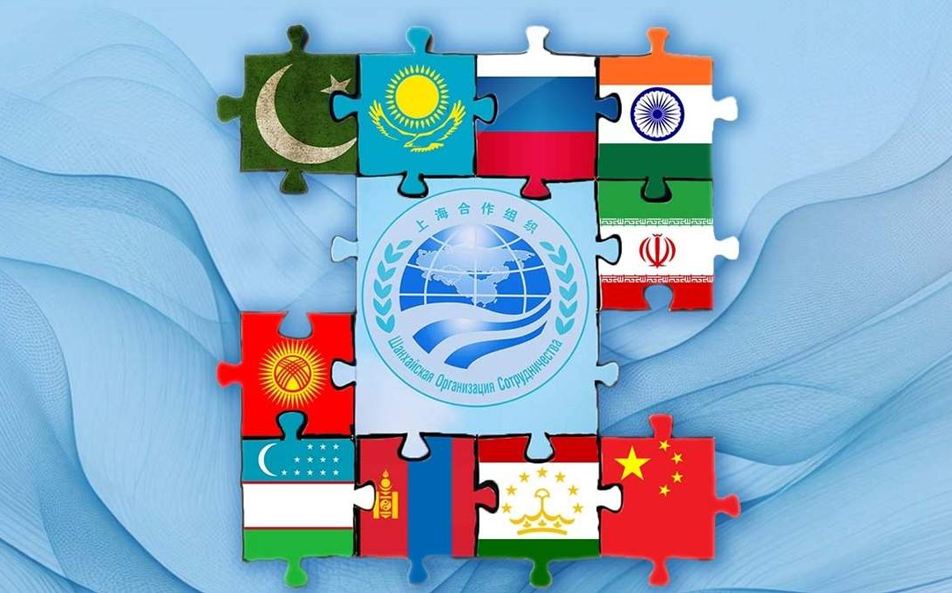
The United Indian

In the midst of a world often marred by conflict, division, and misunderstanding, the International Peace Day stands as a beacon of hope and a reminder of our shared humanity. Celebrated annually on September 21st, this global observance offers a unique opportunity to pause, reflect, and recommit ourselves to the pursuit of peace. It is a day to honor those who have dedicated their lives to peacemaking, to mourn the victims of violence, and to envision a future free from conflict.
The History of International Day of Peace
The United Nations established the International Day of Peace in 1981 through a unanimous resolution. Its purpose was to provide a shared date for all humanity to commit to peace above all differences and contribute to building a culture of peace. Initially, the day was marked as the opening of the UN General Assembly’s annual sessions, but it evolved into a more significant global observance.
In 2001, the General Assembly unanimously decided that the day should also be a period of global ceasefire and non-violence. This marked an important shift from the symbolic to the practical—the idea that for at least 24 hours, the world could pause, reflect, and, ideally, halt all hostilities.
Over the years, the day has become a platform for raising awareness about conflict, fostering dialogue, and promoting actions that lead to peace. From local grassroots movements to international diplomacy, the International Day of Peace is a reminder of the work still to be done and the progress that can be achieved when unity and harmony are prioritized.
International Peace Day 2024
In 2024, the theme for the International Peace Day is "Cultivating a Culture of Peace," a timely reminder of the need to foster a world where peace is not merely the absence of war, but a way of life. This year marks the 25th anniversary of the United Nations General Assembly’s adoption of the Declaration and Programme of Action on a Culture of Peace. The most inclusive body of the UN acknowledged in that statement that peace "requires a positive, dynamic participatory process where dialogue is encouraged and conflicts are solved in a spirit of mutual understanding and cooperation, in addition to the absence of conflict."
Against the backdrop of escalating geopolitical tensions and complicated conflicts, it is more important than ever to look back on how the UN General Assembly convened in 1999 to establish the principles necessary for a culture of peace. These include the following: adherence to freedom, justice, democracy, tolerance, solidarity, cooperation, pluralism, cultural diversity, dialogue, and understanding at all levels; respect for life, human rights, and fundamental freedoms; and the promotion of nonviolence through education, dialogue, and cooperation.
What Happens on International Peace Day?
Every year, the International Peace Day is marked by various events globally, ranging from peace marches and cultural festivals to educational programs and interfaith dialogues. At the United Nations Headquarters in New York, the day begins with a special ceremony in which the UN Secretary-General rings the Peace Bell. Made from coins donated by children from all continents, except Africa, the bell symbolizes the universal aspiration for peace.
In 2024, we expect to see virtual and physical events across the globe, given the ongoing impact of geopolitical tensions. International organizations like UNICEF, Amnesty International, and the World Health Organization will likely spearhead campaigns focusing on the importance of peace for sustainable development, health, and human rights.
Relevance in 2024: Why Peace and Unity Matter More Than Ever
As we mark International Day 2024, let take into consideration on how the present world continues to grapple with multifaceted crises. Armed conflicts like the war in Ukraine, tensions in the Middle East, the ongoing challenges in Afghanistan, and various forms of civil unrest around the globe remind us of the fragile state of peace. Additionally, political divisions, exacerbated by nationalism, populism, and misinformation, continue to polarize societies.
On top of this, the climate crisis has become an existential threat to humanity, contributing to resource scarcity, displacement, and, inevitably, conflict. Natural disasters are disproportionately affecting vulnerable communities, and the resulting tensions further deepen divides.
In this climate, the International Day of Peace is not merely symbolic. It serves as a rallying cry for concerted action to tackle these problems head-on. The theme of “Fostering Global Unity and Harmony” reflects the urgent need to bridge divides, whether they are between countries, communities, or individuals.
UN Secretary-General António Guterres’s words on this day will likely reiterate his calls for peace in the context of climate action. In a recent address, he said, “The climate crisis is a crisis of peace. It fuels conflict and drives people from their homes. If we fail to act, we fail humanity.”
How Can We Contribute to Global Peace and Unity?
While global leaders, diplomats, and international organizations bear a significant responsibility for maintaining peace, individuals also play a critical role. Real change begins at the grassroots level, and every person has the potential to contribute to fostering global unity and harmony. Here are a few ways in which we can all contribute:
1. Promote Non-Violence and Tolerance in Daily Life
Peace begins with how we treat those around us. By practicing kindness, tolerance, and understanding in our personal interactions, we create an environment where peace can thrive.
2. Advocate for Education and Awareness
Education is a powerful tool in fostering peace. By educating ourselves and others about issues like human rights, social justice, and the impact of war, we can contribute to more informed and compassionate societies.
Malala Yousafzai, a Nobel Peace Prize laureate, has often emphasized the importance of education in peace-building: “Education is the best weapon to fight against poverty, ignorance, and terrorism. When you educate a child, you create a leader who can help build peace.”
3. Support Humanitarian Efforts
Many conflicts arise due to resource shortages and inequalities. Supporting humanitarian efforts—whether through donations, volunteering, or advocacy—can help alleviate the suffering of those affected by war, poverty, and environmental disasters. Organizations like the International Red Cross, UNHCR, and local NGOs always need support in their missions to bring relief and aid to conflict zones. Pope Francis has consistently called for peace through solidarity, saying, “The world needs peace, not the peace of arms, but one born of human love, peace that grows through work and friendship, respect and compassion.”
4. Engage in Dialogue and Reconciliation Efforts
Engaging in meaningful dialogue with people of different backgrounds can help bridge divides. Interfaith discussions, cross-cultural exchanges, and community-building efforts that bring together people from diverse ethnic, religious, and political backgrounds are essential for fostering understanding and unity.
5. Advocate for Global Peace Policies
Supporting leaders, policies, and international agreements that prioritize diplomacy over military action is another way individuals can contribute to global peace. Participate in peace-building campaigns, vote for leaders who prioritize human rights, and stay informed about international peace efforts such as the Paris Agreement and Sustainable Development Goals (SDGs).
Conclusion
As we observe the International Peace Day 2024, the message of fostering global unity and harmony is more relevant than ever. The challenges we face—wars, political unrest, climate change—are daunting, but the solutions lie in collective, peaceful efforts. By promoting non-violence, supporting humanitarian causes, and engaging in meaningful dialogue, every individual can contribute to a more peaceful world.
Peace may seem like an abstract concept, but it is, in fact, the result of tangible, everyday actions. As we move through 2024, let this International Day of Peace serve as a reminder that achieving global harmony starts with each of us.
This year, let us commit to taking concrete actions in our daily lives that contribute to global peace. Whether through promoting tolerance, supporting diplomacy, reducing inequality, or combating climate change, every step we take brings us closer to a more peaceful and harmonious world.
As the Dalai Lama once said, “World peace must develop from inner peace. Peace is not the absence of violence, but the manifestation of human compassion.” Let International Peace Day 2024 be the turning point where we manifest that compassion for a better, more united world.
Read more in Recent Events
Jul 18, 2025
TUI Staff
Jul 15, 2025
TUI Staff
Jul 14, 2025
TUI Staff

Stay Tuned with The United Indian!
Our news blog is dedicated to sharing valuable and pertinent content for Indian citizens. Our blog news covering a wide range of categories including technology, environment, government & economy ensures that you stay informed about the topics that matter most. Follow The United Indian to never miss out on the latest trending news in India.
©The United Indian 2024

